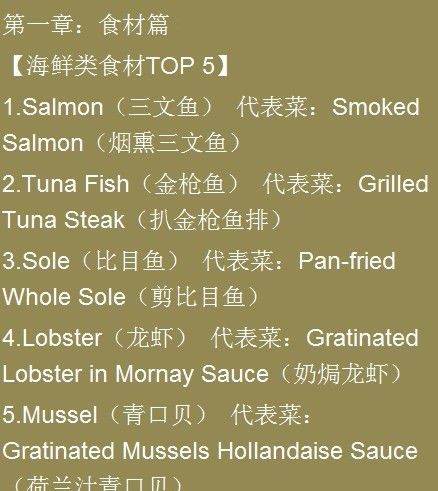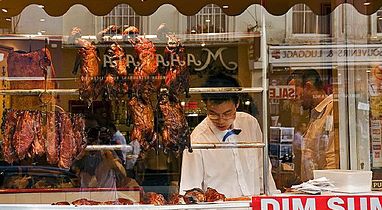英国食物银行
|
When looking at Western Europe, we don't usually think about poverty - but in fact, some people in modern-day Britain are so hard up that they can't afford to buy food. Back in 2008, the financial crisis caused a lot of redundancies. Then there were the cuts to the welfare system in 2013 which added to the problem - and many British people fell into debt. It's estimated that 500,000 people in the UK have turned to food banks, just to get by. Steph Hagen, who works in a Nottingham food bank, says: "People do not go to a food bank because it's an open door. It's a case of they go to it because they need to. With our food bank - we are an independent one, and we have limited stocks - everyone who comes through our door has no income whatsoever." There are checks and referrals to make sure nobody is abusing the system. If a doctor or a social worker thinks someone needs to use a food bank - even for a short time - they can give them vouchers. Then the people in need take the vouchers along to the food bank and they get handouts for three days. Churches and individual donors provide most of the food in the banks. But some businesses might help out too. And what sort of food is offered in food banks? Hagen says: "Basically, we've got porridge. We do occasionally get fresh produce but it's very rare, especially in the winter months. It's like, tinned fruit, tinned ready meals. We have to give out 'no-cooking' food parcels because people can't afford the gas and electricity". Community spirit has a lot to do with food banks. Volunteers say they are a great meeting place for people who are lonely and depressed. And when facing a crisis, some beneficiaries might need to feed not only their belly - but also their soul. |








